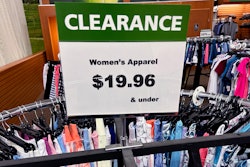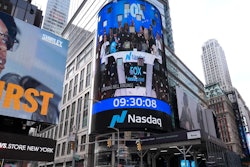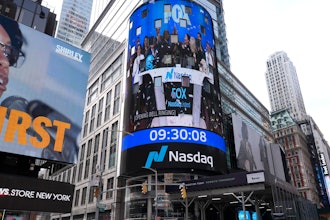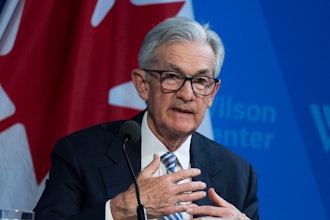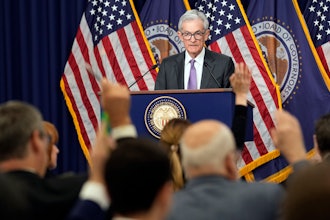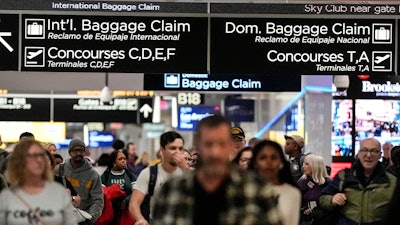
American consumers are feeling less confident this month as concerns over a possible recession grew.
The Conference Board, a business research group, said Tuesday that its consumer confidence index fell to 106.7 from a revised 110.9 in January. Analysts had been forecasting that the index remained steady from January to February. The decline in the index comes after three straight months of improvement.
The index measures both Americans' assessment of current economic conditions and their outlook for the next six months.
The index measuring Americans short-term expectations for income, business and the job market fell to 79.8 from 81.5 in January. A reading under 80 often signals an upcoming recession.
Consumers' view of current conditions also retreated, falling to 147.2 from 154.9.
The retreat in consumer confidence this month comes as somewhat of a surprise as the economy continues to show resilience in the face of higher interest rates and inflation. Though price growth has receded considerably in the past year, inflation remains above the Federal Reserve's 2% target.
Consumer spending accounts for about 70% of U.S. economic activity, so economists pay close attention to consumer behavior as they take measure of the broader economy.
In a bid to combat four-decade high inflation in the wake of the pandemic, the Federal Reserve raised its benchmark rate 11 times beginning in March 2022. That caused loans for consumers and businesses to become much more expensive and was supposed to cool the economy.
However, the government reported last month that the nation's economy grew at an unexpectedly brisk 3.3% annual pace from October through December as Americans showed a continued willingness to spend freely.




